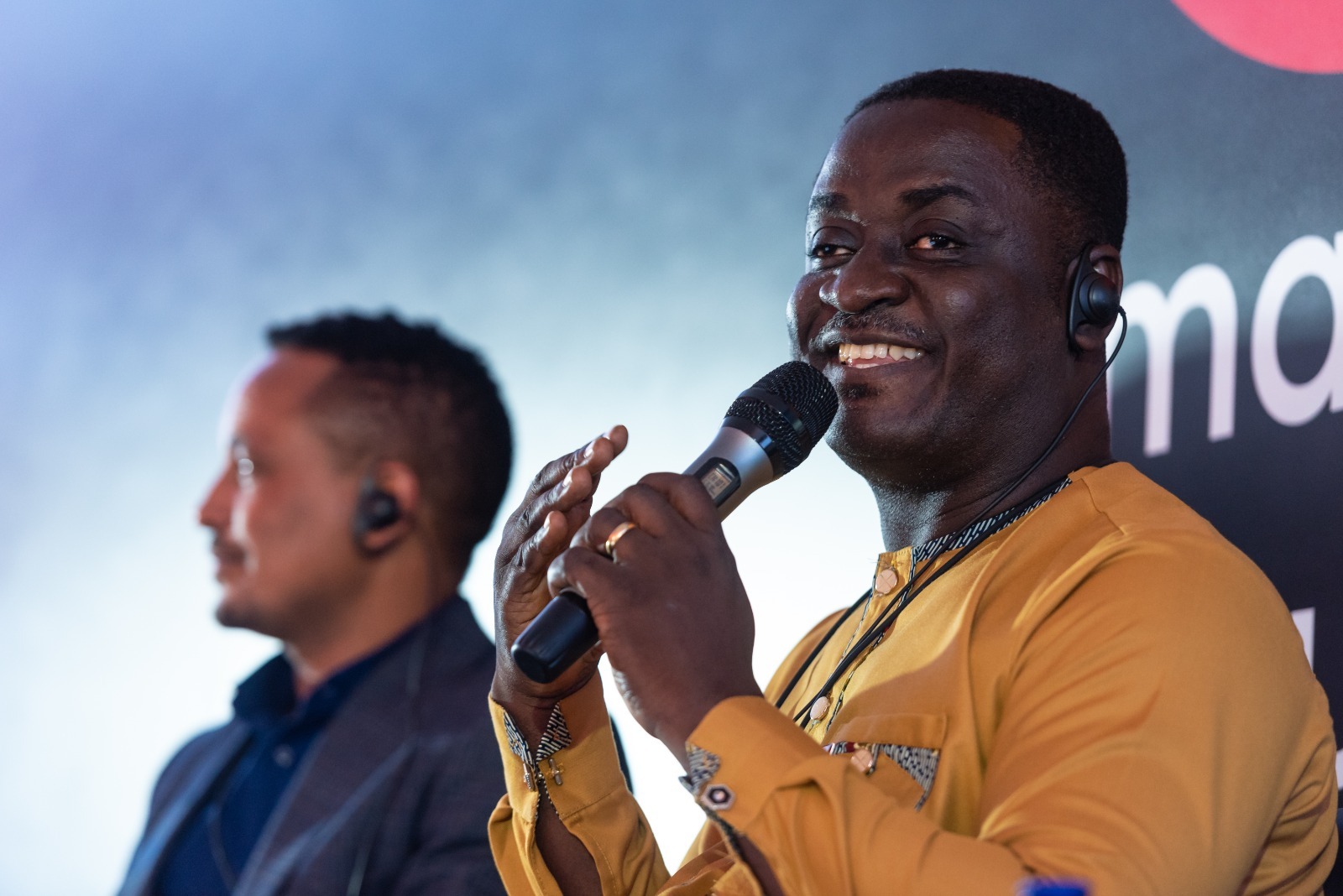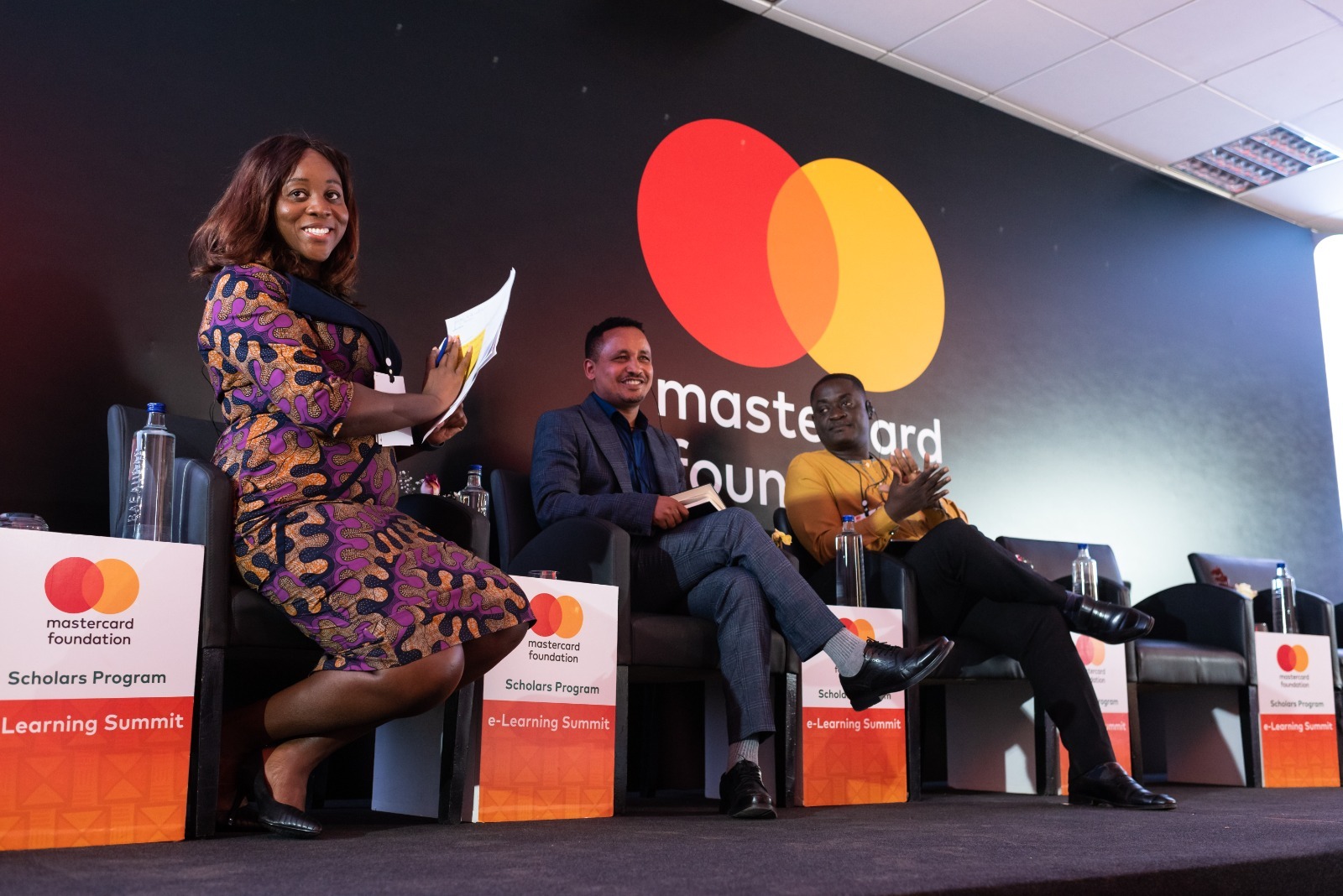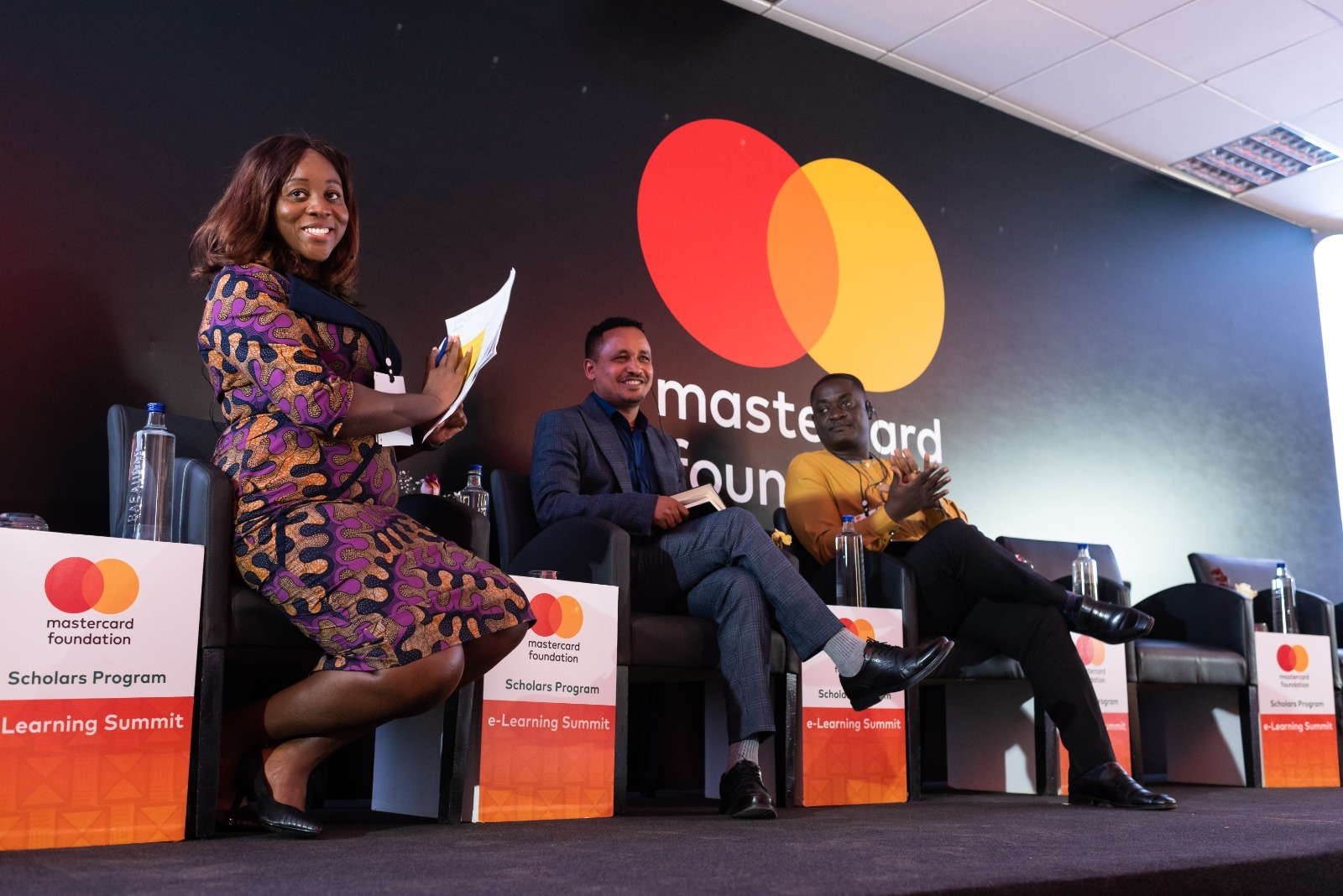E-Learning Team from KNUST participate in Mastercard E-Learning Summit at Senegal

The Mastercard Foundation Scholars Program e-Learning Summit in Senegal hosted on May 21–23, 2023, attracted approximately sixty-five (65) participants from eleven (11) institutions and four partner organizations. Through the summit, relationships were developed, insights from Phase I were shared, and lessons learned were co-created for Phase II. The summit influenced the direction of the Initiative through interactive debates and virtual co-creation sessions. The workshop lasted for three days. The UFacilitate and e-Learning Initiative teams organized a well-planned e-Learning Initiative Summit for the Mastercard Foundation Scholars Program in order to meet their goals. With the aim of fostering information exchange, enhancing linkages, and enhancing participation, the Phase II principles and approach of the Scholars Program e-Learning Initiative were developed collaboratively with the institutions and partners who took part in the initiative as the target participants. The three-day workshop's agenda was well-planned, with a focus on encouraging participants engagement and teamwork. It featured plenary sessions, breakout discussions, opportunities for networking, and engaging activities to promote interaction and learning.

The e-learning team that represented KNUST comprises Kofi Owusu-Daaku, Project Lead of the Mastercard Foundation Scholars Program at KNUST, Courage Julius Logah, Focal Point e-Learning Initiative, Emmanuel Afful, Director of University Information Technology Services, and Eric Appau Asante, Director of the E-Learning Centre.
On the first day of the e-Learning Initiative Summit, UFacilitate led the group in an icebreaker activity that helped people get to know one another and get ready for the two-day trip. The Summit was formally opened by Serge-Auguste Kouakou, the Country Head of the Mastercard Foundation in WAEMU The second day was devoted to building relationships and working together by exchanging ideas and effective strategies to foster growth on both sides. The event started with a team-building exercise and online welcome words from the chief program officer, Peter Materu. In a Fireside Chat with Scholars and Young EdTech Fellows, the potential of e-Learning to support youth-led social and economic development was highlighted, placing special emphasis on the participation of young people in e-Learning initiative design and implementation. Day 2's main events included plenary presentations, network-sharing sessions, and breakout discussions. The e-Learning Scholars Program Initiative's progress, triumphs, and challenges were shared in the Phase I Monitoring, Evaluation, Research, and Learning (MERL) Report, which was jointly delivered by Arizona State University and the United States International University-Africa. Small-group conversations drilled in on particular subjects and produced insightful information.
Building faculty trust and confidence in e-Learning was the subject of an important seminar on Day 2, which was led by EARTH University. It discussed the difficulties faculty members encountered with e-Learning, offered best practices and success stories, looked at measures for quality control and evaluation, and considered the function of leadership in advancing e-Learning. This prompted a panel discussion on "Solutions to the Multi-Faceted Challenges of e-Learning" with representatives from the Universities of Gondar, Makerere University, Ashesi University, Kwame Nkrumah University of Science & Technology (KNUST), and Arizona State University (ASU). In order to address concerns of inclusivity, connectivity, infrastructure, capacity building, and leadership involvement, the panelists discussed their real-world experiences. The discussions placed a strong emphasis on adopting a people-centric approach, designing inclusively, working in partnership with specialized organizations, utilizing technology for inclusion and support, and appreciating the potential of proactive learners. These revelations emphasized the significance of accommodating various learner needs and utilizing technology to develop inclusive and effective e-Learning experiences. On the final day of the Summit, a summary of Day 2 was given before sessions on online education quality issues and aligning e-Learning programs with international standards for improved accreditation processes began. The significance of quality assurance in e-Learning was underlined in a session held by Quality Matters (QM). It emphasized the necessity for thorough procedures that address course design, delivery, content, infrastructure, faculty readiness, and student readiness. The adoption of Quality Matters at the United States International University in Africa and the launch of the QM Africa System are two examples of how quality assurance frameworks tailored to African e-Learning institutions have been used practically. The American University of Beirut (AUB) led another session that looked at defining institutional e-Learning initiatives. The importance of leadership, infrastructure, evaluations, and student experience in creating successful e-Learning methods that are in line with the goals of partner schools was highlighted. The presentation promoted data-driven strategies, inclusive design, and tackling social issues associated with student support. In order to establish successful online learning experiences, AUB's proposals emphasized the significance of student participation, community building, and addressing larger learner needs beyond academics. Shared values and suggested work streams for Phase II were further discussed and aligned throughout these sessions. Participants discussed their roles, responsibilities, and potential contributions to the implementation of Phase II during brainstorming and co-creative workshops on the approach to youth in e-Learning programs. The Mastercard Foundation presented the Phase II Roadmap & Action Plan at the end of the summit, which was followed by a plenary debate and a Q&A session. The facilitators offered chances for reflection, evaluation, and reporting back on breakout conversations throughout the workshop to promote active involvement and gather insightful information from the participants' various viewpoints.

Published:08th August 2023 Source: KNUST E-Learning Centre
